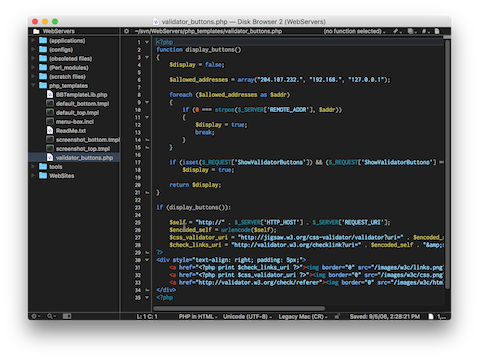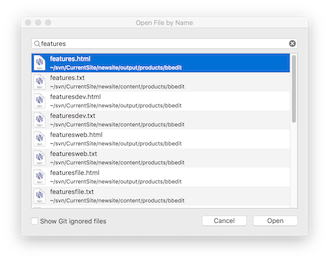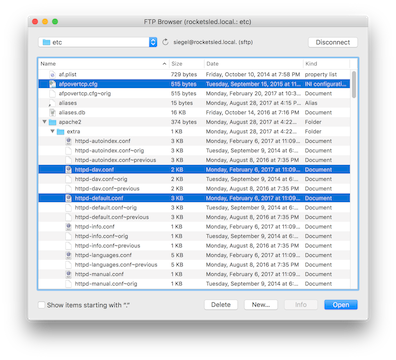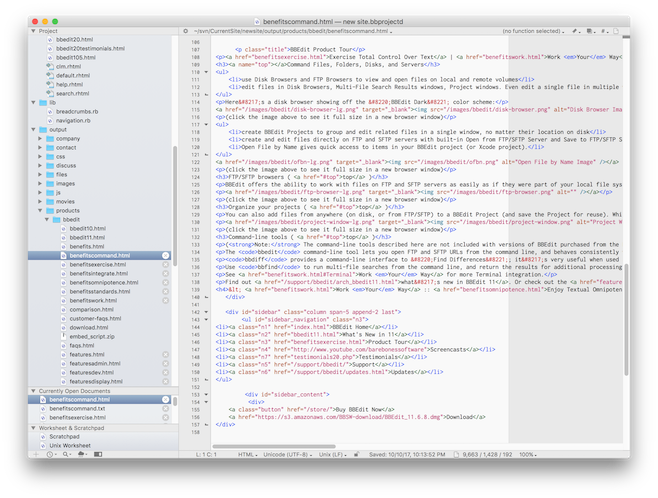Terminal create bbedit file
BBEdit Product Tour
Command Files, Folders, Disks, and Servers
- use Disk Browsers and FTP Browsers to view and open files on local and remote volumes
- edit files in Disk Browsers, Multi-File Search Results windows, Project windows. Even edit a single file in multiple windows!
(Tip: click each image below to see it full size in a new browser tab.)
Here’s a disk browser showing off the “BBEdit Dark” color scheme:

- create BBEdit Projects to group and edit related files in a single window, no matter their location on disk
- create and edit files directly on FTP and SFTP servers with built-in Open from FTP/SFTP Server and Save to FTP/SFTP Server commands; or use Interarchy, Fetch, Transmit, or any other file transfer client with “Edit in BBEdit” support
- Open File by Name gives quick access to items in your BBEdit project (or Xcode project).

FTP/SFTP browsers
BBEdit offers the ability to work with files on FTP and SFTP servers as easily as if they were part of your local file system.

Organize your projects
You can also add files from anywhere (on disk, or from FTP/SFTP) to a BBEdit Project (and save the Project for reuse). While the Disk Browser and FTP/SFTP Browser windows show you the structure of your volumes, BBEdit Projects let you easily access related files without them having to be located together.

Command-line tools
BBEdit features extensive integration with the Unix command line, via a collection of powerful tools. These are included with the application:
- The bbedit command-line tool lets you open FTP and SFTP URLs from the command line, and behaves consistently with other Unix tools by allowing you to create files on the fly, as well as by accepting input piped from other Unix commands. (Try “ ls -la | bbedit ”, for example.)
- bbdiff provides a command-line interface to “Find Differences”; it’s very useful when used as a command-line diff helper for SCM systems such as Subversion or Git.
- Use bbfind to run multi-file searches from the command line, and return the results for additional processing.
- The bbresults tool parses file/line output from other Unix commands in order to generate browseable GUI results windows so that you can easily navigate warnings and errors (for example, from compiler output).
See Work Your Way for more Terminal integration.





